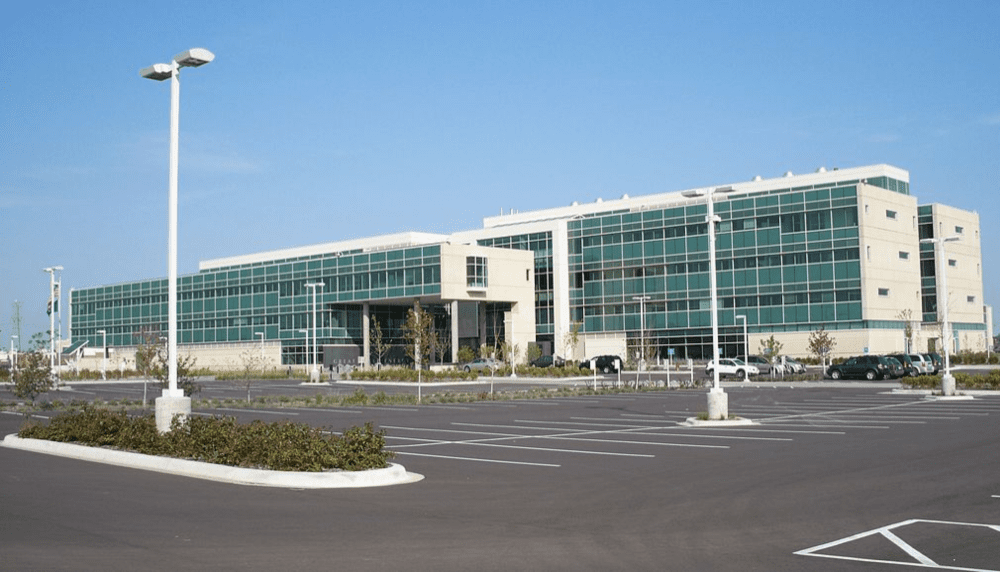Scientific Integrity Plan has a Big Problem
 Protecting scientists from political interference has been a central tenet of PEER’s work over the past 30 years and will be for the next thirty years.
Protecting scientists from political interference has been a central tenet of PEER’s work over the past 30 years and will be for the next thirty years.
That is why we were alarmed to find, buried inside the White House’s recently released “Model Scientific Integrity Policy,” a bar against any federal scientist making or publishing any statements “that could be construed as being judgments of, or recommendations on,” any federal policy without permission.
Government officials could use this provision to censor a broad range of federal research that cuts against the political wishes of the day. We know this from experience. A few years back, a similar provision in the U.S. Department of Agriculture’s scientific integrity policy was used to silence the work of a former PEER client whose scientific work on pollinators upset the pesticides industry.
To remedy this problem, I have written to Dr. Arati Prabhakar, Director of the White House’s Office of Science and Technology Policy, urging her to remove this egregious section from the White House’s Model Scientific Integrity Policy.
It is now up to federal agencies to adapt and adopt this policy to their own institutions. In the coming months, our work will focus on ensuring federal agencies adopt scientific integrity policies that help keep government science strong, independent, and transparent. It is critical that these new policies aren’t used to silence scientific voices.
We hope you will support us in this effort.
Grazing Giveaway on Public Lands

The federal lands grazing fee was announced last week, and, for the fifth year in a row, these fees stayed at bargain-basement prices, about 18 times lower than grazing fees on private land. PEER and the Western Watershed Project explain why this is bad for the climate, land health, and the public purse. Read More»
Toxic PFAS in Maryland Fertilizer

PEER, the Montgomery Countryside Alliance and the Sugarloaf Citizen’s Association have asked Montgomery County, Maryland, to ban the use of certain biosolid fertilizers in the county after testing commissioned by PEER revealed dangerously high levels of toxic PFAS Bloom fertilizer produced at the wastewater treatment plant in Washington, DC. Read More»
Victory – Minnesota Reverses Course on Illegal Permit

Hudson Kingston, PEER’s Litigation and Policy Attorney, explains how PEER’s actions helped a Minnesota agency to walk back an illegally issued groundwater permit for a gas-fired power plant attempting to push through a plan to burn diesel fuel. Read More»
Victory – Conowingo Dam Permit Overturned

Paula Dinerstein, PEER’s General Counsel, discusses the next steps in protecting the Chesapeake Bay after the Court of Appeals threw out a permit that FERC had issued for the Conowingo Dam. PEER had filed an amicus brief on behalf of Maryland lawmakers arguing that the permit was illegally issued. Read More»